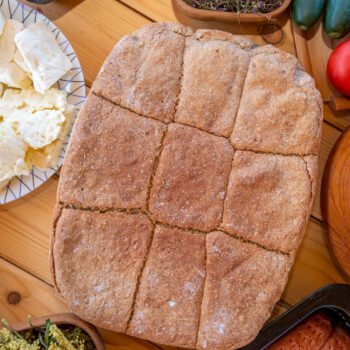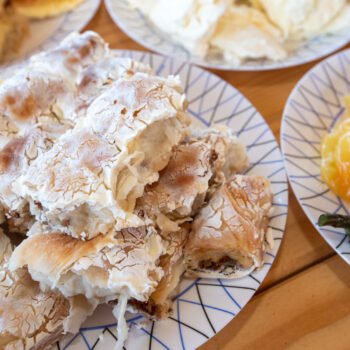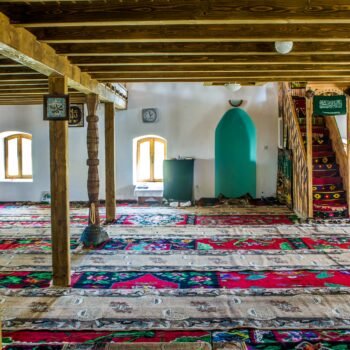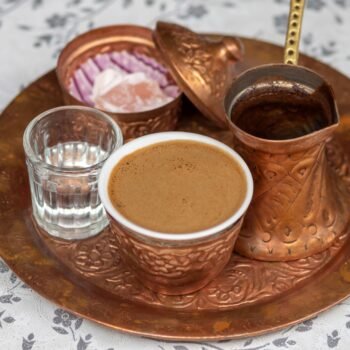- /
- Katun Road Pešter Pastures
- /
- Cultural Heritage
Cultural Heritage
Rugs from Bihor
All the rugs, even authentic Bihor ones, have many purposes, one of them being time travel. If we understand the symbolic of their colors and motifs, it won’t be difficult to imagine the lives of women who made them, their desires, dreams of love and happiness. Rugs were the mandatory part of their dowry. Even today, this custom is followed in Bihor and girls bring a new rug into their new homes. It is interesting to see that colors dominating the rugs in northern Montenegro are red, green and black. The background is red and the color traditionally symbolizes fertility. Patterns and symbols are from nature and motifs from the surrounding area: a tree with blossoms, roses, marigolds, tulips, hyacinth, wild flowers intertwined in a wreath. Weavers expressed joy in this way, celebrated the time of love, coming of spring, birth.
Bihor rug is nationally protected as intangible asset. The largest collection of this rugs is exhibited in Petnjica mosque.
Cuisine
The Ottomans brought their habits, new household item, abundant cuisine, as well as the custom of drinking coffee to the Balkans and Europe.
Many oriental dishes are integral part of the local common cuisine in the area of Pešter, and in the entire Polimlje region. All the dishes whose base are milk and dairy products are also common in this livestock area.
Halva, baklava, shortbread, Noah’s pudding, rice pudding are oriental sweets that have remained a favorite to this day.
A special custom of the region is to prepare iftar during the month of Ramadan, a dinner when all the relatives, neighbors and friends are invited. A bountiful menu includes special broths, pies, meat pies, kebabs, sauces … Deserts that come after the main dish are knafeh, short bread and other oriental sweets.
Coffee was brought to Turkey in the mid-16th century. The first inn was opened in Istanbul in 1554. The Kahve (coffee) site points to the tradition of drinking coffee with friends, in taverns on the side of the road, and later on in the caravanserais.







